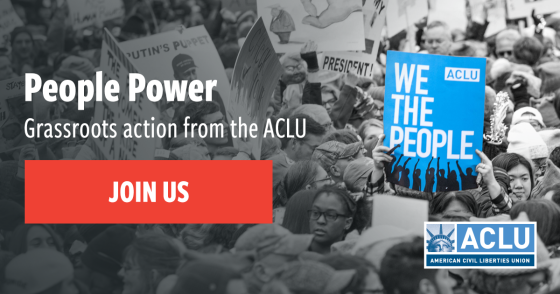Nebraska state senators are considering LB 986, introduced by Senators Pansing Brooks, Hansen and Wayne. The bill would “ban the box” in the higher education admissions process and prevent public colleges and universities from asking about or considering a person’s criminal record for purposes of admission.
Among the long-term impacts of having a criminal record is that many Nebraskans find it nearly impossible or are generally deterred from getting a higher education. Higher education institutions regularly ask about an individual’s criminal record, which then has a chilling effect – often discouraging those individuals from completing the application even long after they have completed their sentence or paid their fine.
Evidence shows that asking about a criminal record at admission does nothing to protect public safety but seeing the “box” on school applications prevents individuals from applying to institutions of higher education.
Approximately 1 in 3 adults in the U.S. have a criminal record. And while it is difficult to assess the number of Nebraskans with a past conviction, every year, the Nebraska Department of Corrections estimates over 2,000 people with a felony conviction complete their sentence and are returned to our communities. There are even more Nebraskans with a misdemeanor conviction, largely charged for nonviolent crimes resulting from drug or alcohol dependence.
Additionally, people of color are disproportionately affected by the criminal record inquiry on college applications as they are overrepresented at every juncture of our criminal justice system due, partly, to racial profiling and punitive school disciplinary policies. In Nebraska, people of color are also significantly overrepresented in the average daily prison population with 27% Black and 4% Native American Nebraska prisoners compared to the overall state population of 13% Black and 1.3% Native American Nebraskans.
Clearly, this barrier to education needs to be addressed. LB 986 will not only increase educational opportunities, but also provide a fairer shot at a better life for thousands of Nebraskans. With a higher education, we can dramatically reduce recidivism and help Nebraskans build financially stable futures. Communities are strengthened and crime is prevented when people with a criminal record are able to obtain an education, work, earn income, pay taxes, and bring structure to their lives.
Nebraska has already begun cutting the red tape holding people back from gainful employment by passing our public employment "ban the box" law. Several states, higher institutions, and even the popular “Common Application” used by 800 schools, have applied this same “ban the box” law in the higher education setting.
Nebraska needs to take the next step to pull down the hurdles in the path of people applying to higher education institutions. Removing hurdles to higher education allows each Nebraskan to contribute at their highest potential, which will grow our shared economy, increase public safety, and ensure strong families.
